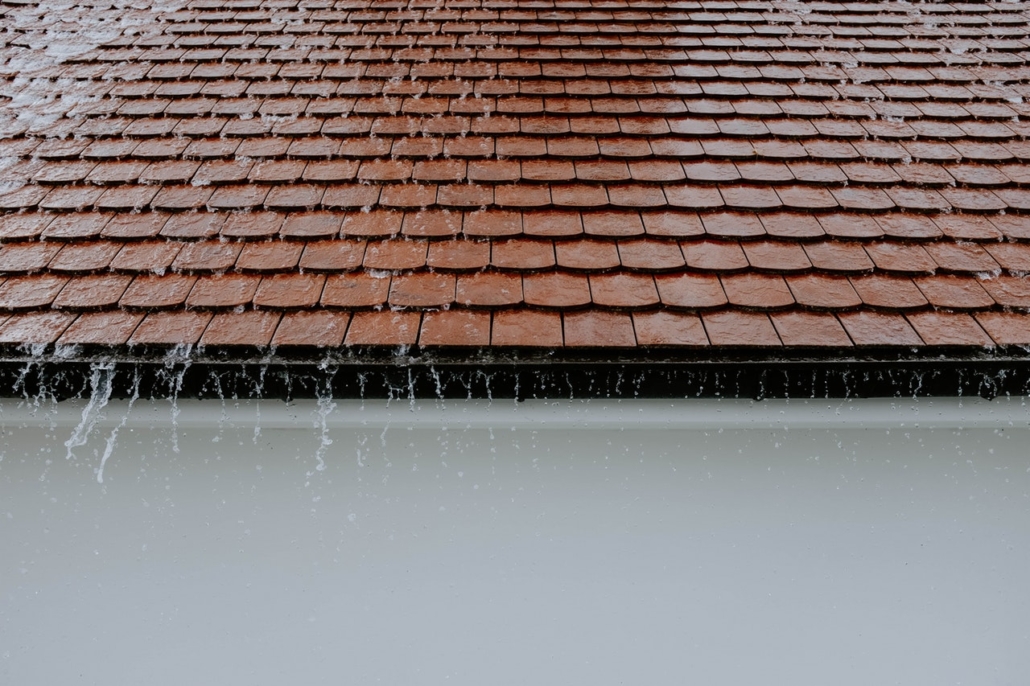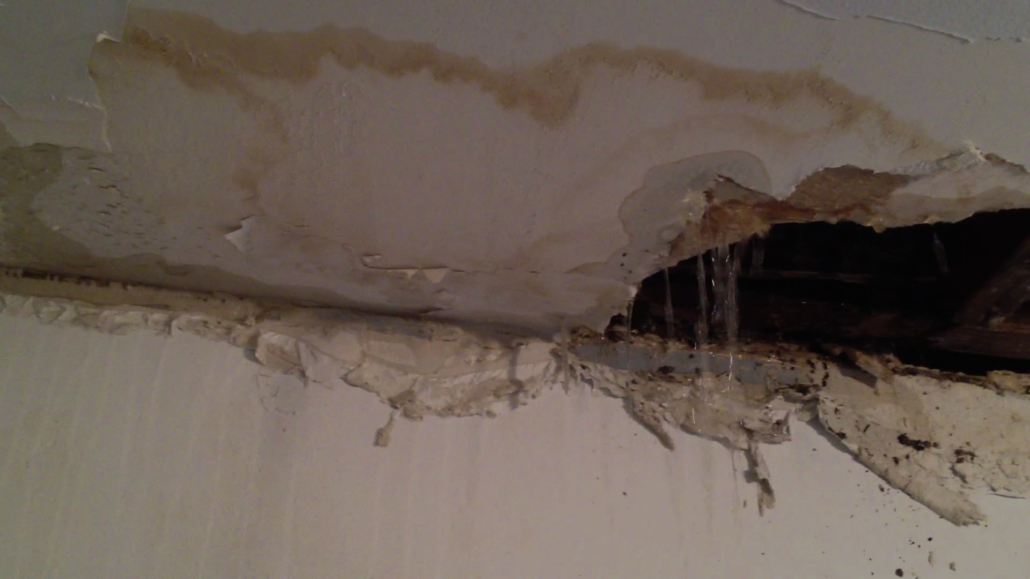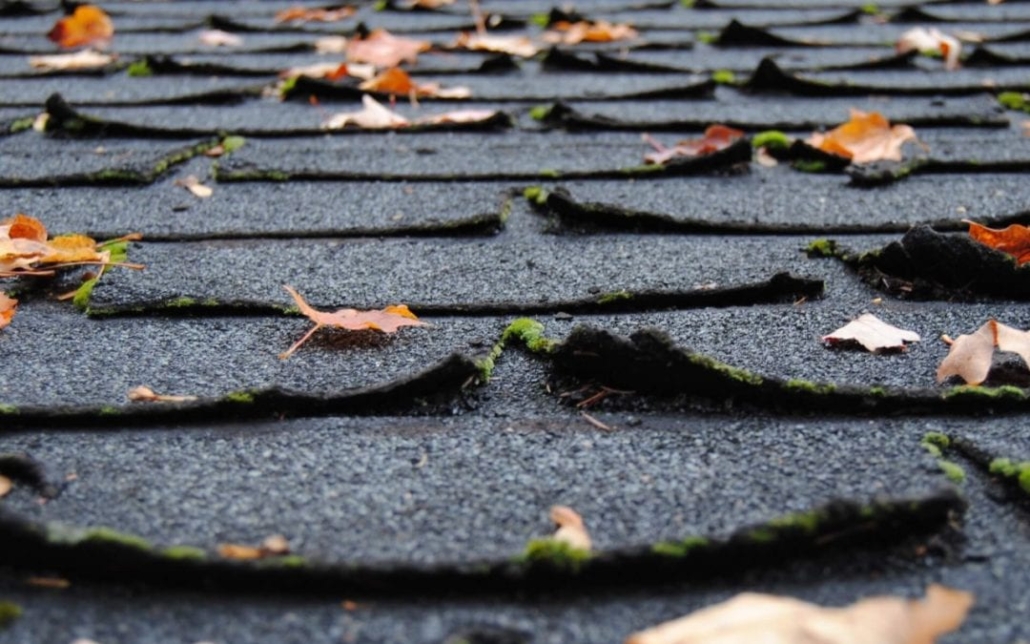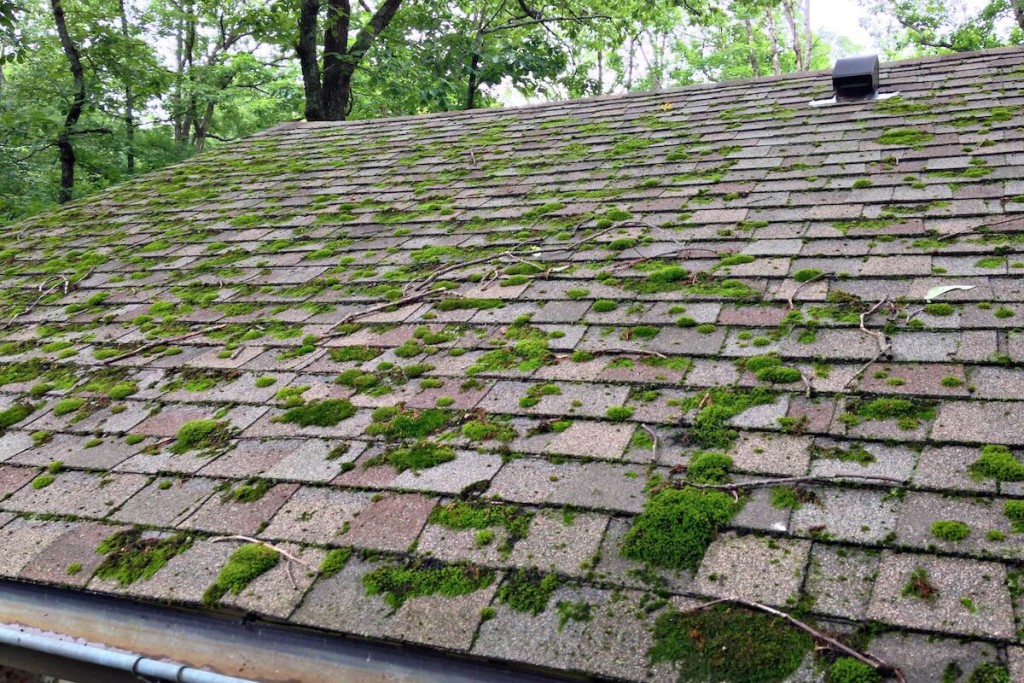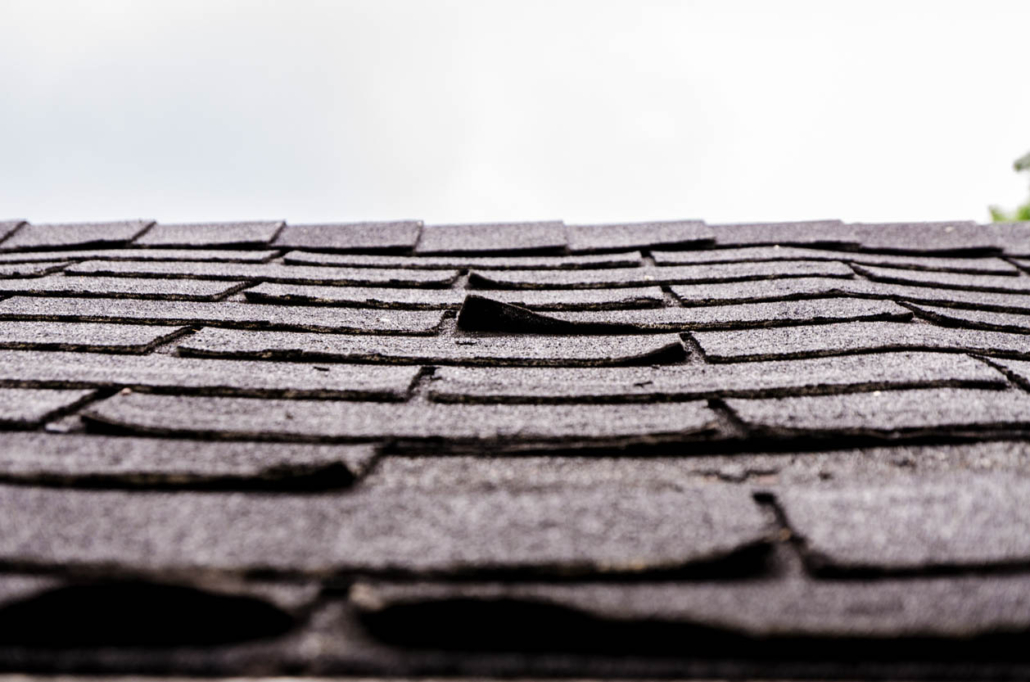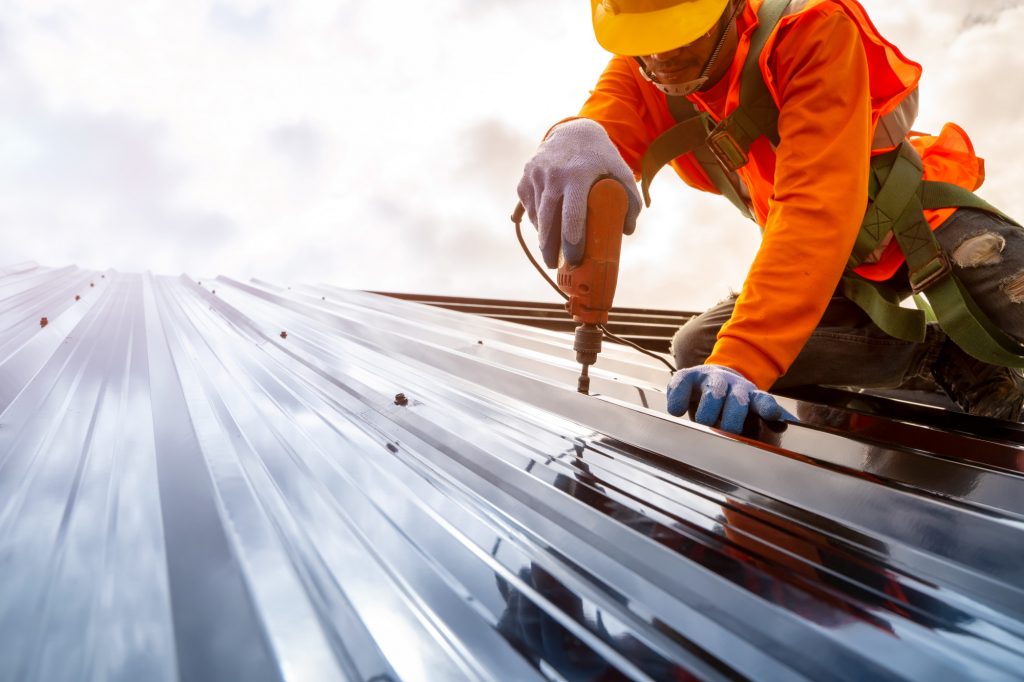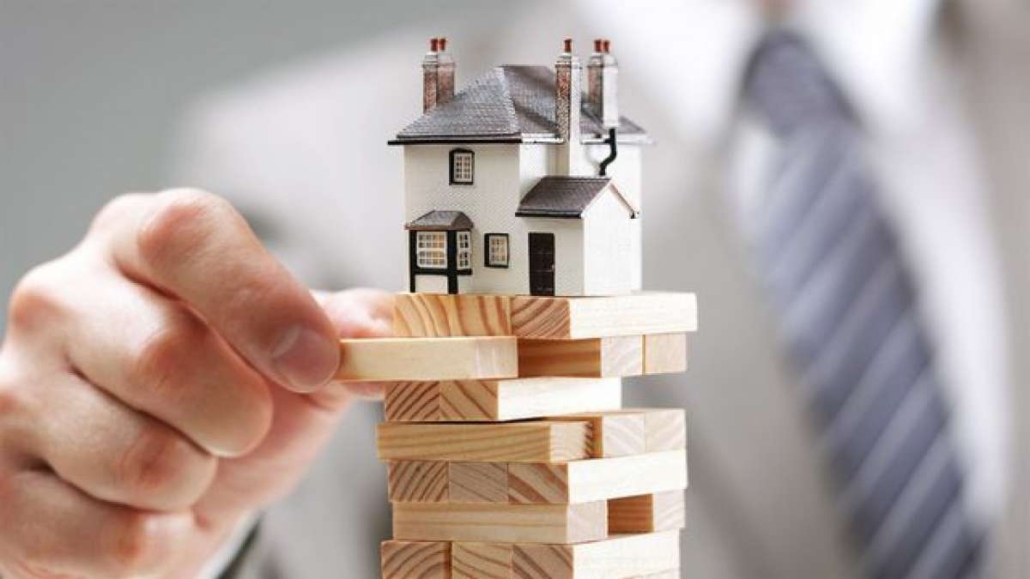Why Are Roofing Warranties Important?
Is your roof protected by a great warranty? If not, you’re putting your financial future at risk. Replacing a damaged roof isn’t a cheap home repair. Depending on the size, the pitch, and the type of roofing materials used, roof replacement can soar well into the five-figures. Don’t count on your homeowner’s insurance to cover all these costs either. When it comes to acts of nature like windstorms, hail, snow, and lightening, your insurance kicks in. This isn’t the case when you’re faced with a roof defect. That’s why you need to make sure you have a superior roof warranty.
Don’t All Roof Materials Come With a Warranty?
The fact that your roof has a warranty isn’t the point. Yes, most roof materials come with a warranty. However, you want to make sure your purchase is adequately protected for many years. A five-year warranty isn’t sufficient. No one replaces their roof every five years. The average roof, barring any weather-related damage, lasts as long as 20 years. Your warranty should last twice as long.
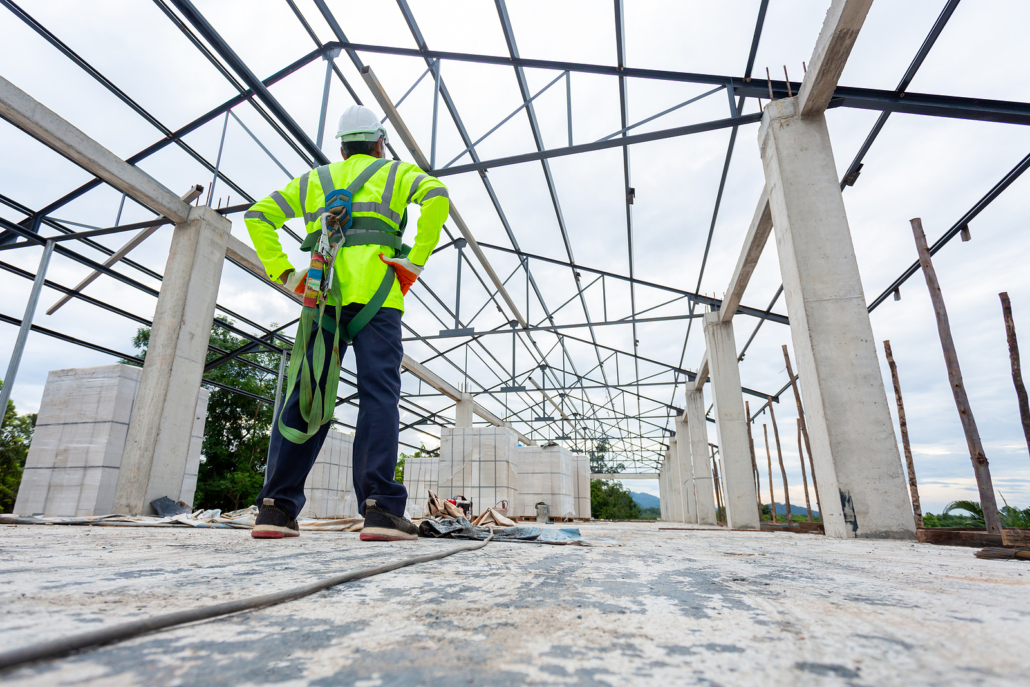
Roof Risks and Warranty
The warranty on your roof protects you from accidents that could damage it. For example, if the new roof you have installed on your home has a fault or defect originating from the manufacturing stage, then you’ll have to pay out of your pocket to repair that. If you have a warranty though, you won’t pay a single dime.
What Does a Roof Warranty Cover?

Knowing what your warranty covers is just as important as how many years of coverage you receive. Great roof warranties provide the following coverages:
Material defects: You need a roofing system that is built strong to take numerous lashings from Mother Nature and other harsh outdoor elements. If a roof begins to show early signs of wear and tear, this affects things such as your home’s energy efficiency and comfort. An excellent manufacture warranty goes into action in these situations and covers material defects due to premature wear and tear.
Long coverage: When purchasing shingles, not all warranties are equal. Whereas a 25-year warranty is fine for 3-Tab shingles, that won’t cut it for dimensional shingles. Dimensional shingles require a 50-year warranty for the best protection.
Insure against poor workmanship: Roof needs repair every once and a while for minor things. Maybe you need shingles replaced because a few started to warp. Or, perhaps the flashing popped up and needs to be nailed back down. Although these are straightforward repairs, sometimes repairs go wrong and compromise the integrity of the roof. Sometimes the wrong people install the new roof and problems start showing up a couple years down the line. Superior warranties protect homeowners who have been the victims of poor workmanship or installation.
Peace of Mind
The roof is arguably one of the most expensive parts of the home to replace and repair. The last thing you want is to spend a hefty sum on a new roof that with a defect or fault from the manufacturing stage. Warranties are peace of mind that whatever happens, your new roof system is protected and insured.
Work With a Leading Roofing Contractor
When you’re ready to replace your roof, only work with reputable roofing contractors who warrant their work and use roofing materials that come with excellent warranties. While many roofing companies warrant their workmanship, that warranty is only as good as long as the company stays in business. If the company goes under, your warranty protection disappears. This is why it’s always a good idea to make sure your material warranty covers installation problems.

